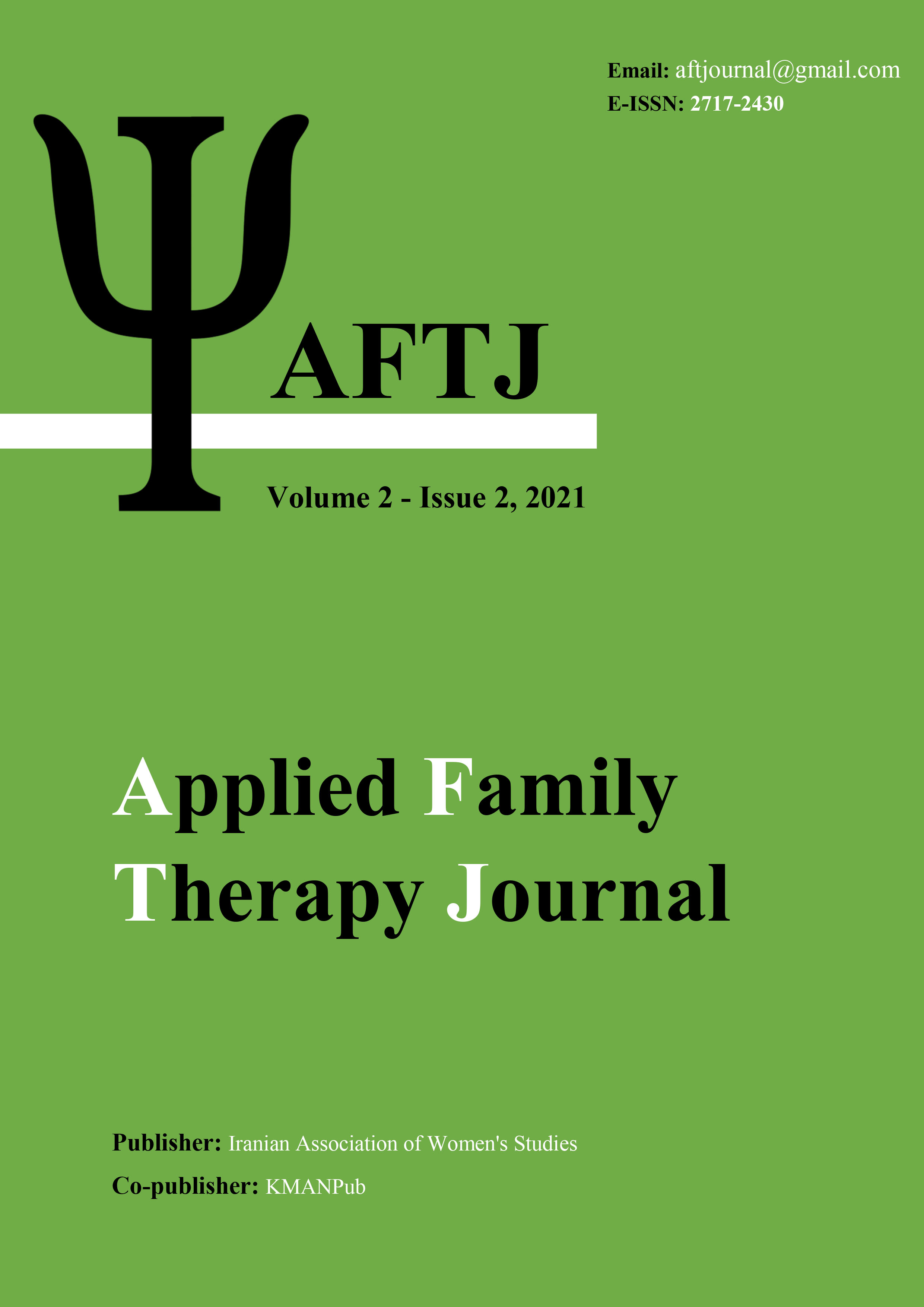Explanation of the Relationship between Perceived Parenting Styles and Obsessive-Compulsive Disorder: The Mediating Role of Perfectionism
Keywords:
Perceived parenting styles obsession perfectionismAbstract
Aim: The present study aimed to determine the relationship between perceived parenting styles and obsessive-compulsive disorder with the mediating role of perfectionism. Methods: Using a descriptive-correlational study among male and female students of Islamic Azad University of Tonekabon, 258 students were selected by the convenience method and responded to Baumrind's Parenting style Inventory (1972), the Maudsley Obsessive-Compulsive Inventory (MOCI) (1977), and Hill perfectionism Inventory (2004). The collected data were analyzed by structural equation modeling using SPSS26 and AMOS24. Results: The results indicated that the structural model of perceived parenting styles had a fit with obsessive-compulsive disorders with the mediation of perfectionism in students (P=0.01). Furthermore, positive and negative perfectionism also mediated in the relationship between democratic parenting styles; the negative perfectionism mediated in the relationship between authoritarian parenting and obsessive-compulsive disorder; the positive perfectionism mediated in the relationship between authoritarian parenting styles; and finally, negative perfectionism mediated in the relationship between authoritative parenting styles (P=0.01). Conclusion: Given the research findings, parenting styles were involved in the creation of perfectionism personality patterns in a way that consequences and patterns derived from them also affected obsessive-compulsive disorder.
Downloads
Downloads
Published
Issue
Section
License

This work is licensed under a Creative Commons Attribution-NonCommercial 4.0 International License.





















